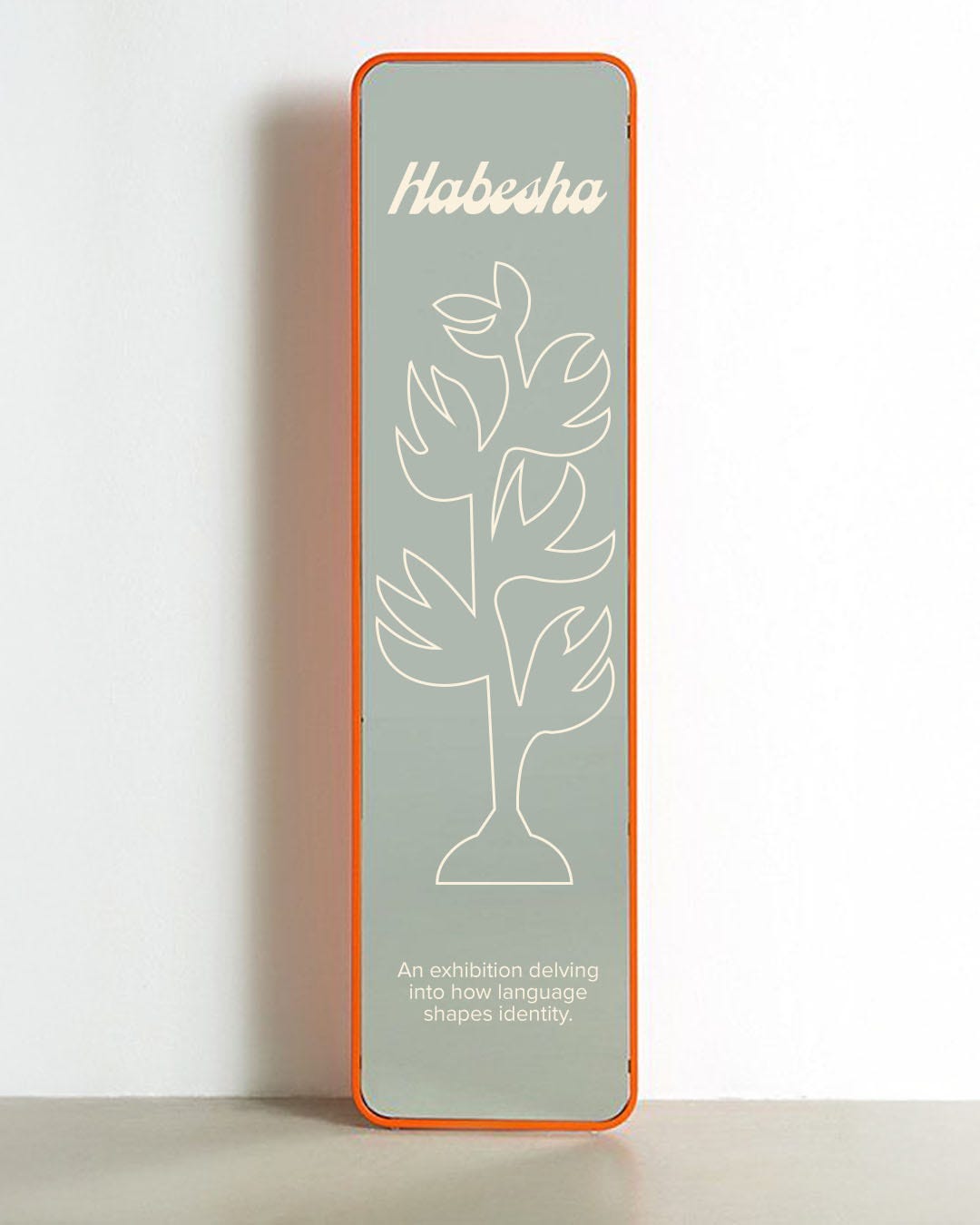When I first began working on The HABESHA Project, I knew I wasn’t just telling stories but also stepping into centuries of layered language, identity, and belonging. I was archiving emotion. I was asking people to speak about something that’s often felt but rarely agreed upon.
An elder Eritrean I admire once told me, “We are all the same. If you trace it back, the root is Ge’ez.” He’s someone who’s studied the language deeply, someone whose relationship to Tigrinya, Amharic, and the history behind them is grounded and intentional. From a linguistic perspective, he’s right. Tigrinya, Amharic, Tigre, and related languages branch out from this ancient Semitic root, one that connects much of the northern Horn.
But I also know that language doesn’t exist in a vacuum. And “we are all the same” can sound different depending on who’s saying it – and who’s receiving it.
Because what does sameness mean in multiethnic countries like Eritrea or Ethiopia, where not everyone traces their lineage to Ge’ez-speaking ancestors? Where people speak Kunama, Saho, Afar, Oromo, and dozens of other languages that hold just as much weight, memory, and legitimacy? What does it mean to say “we are all the same” when political, cultural, and even personal histories have told us otherwise?
I think of something as seemingly simple as “13 Months of Sunshine,” the title of Amine’s new album. The album art and songs weave in cultural nostalgia for all “Habesha” people but the title has its roots in the Ethiopian calendar which follows the Orthodox Tewahedo Church. In Eritrea, we follow the European calendar. Why? Because Eritrea was colonized by Italy, then ruled by the British, then annexed by Ethiopia. Even the calendars we live by hold different histories. Context matters.
That’s the tension The HABESHA Project lives in. It doesn’t seek to flatten difference or ignore harm. Instead, it holds space for the possibility that this word Habesha has built community for some, and alienated others. That it can be both a point of pride and a source of confusion. That we might need to let go of the idea that we’re all supposed to relate to it the same way.
And yet there is something to the idea that shared origin matters. That something ancient might still echo in how we speak, how we name our children, how we mourn. Ge’ez may not be everyone’s root, but the reality is that our lives have long been in relation to one another whether through conflict, kinship or culture. The word Habesha is complicated, but it also reflects that entanglement.
So no, we’re not all the same. But maybe sameness was never the goal. Maybe what we need is space to explore our stories in full color: interwoven, contradictory, and real.
That’s what this project is about. It’s an archive of nuance. An offering. A mirror.
Thank you for being here. My online exhibit will be released in late July and the NYC exhibit will take place in August. Stay tuned for details and follow along on my other platforms via the links below.
Quick Updates:
HABESHA: my focus for the summer - stay tuned for updates and behind the scenes as I build out the online experience and NYC exhibit 🇪🇷 🇪🇹
Tik Tok Update: our neighbors in South Sudan are tapping into the conversation!
Linktree: follow my other platforms 🔗
Song of the Week:




